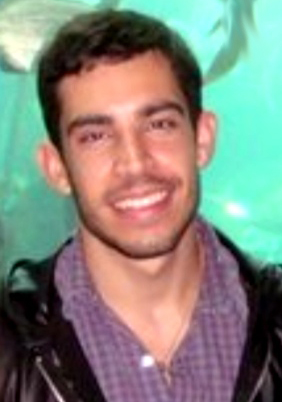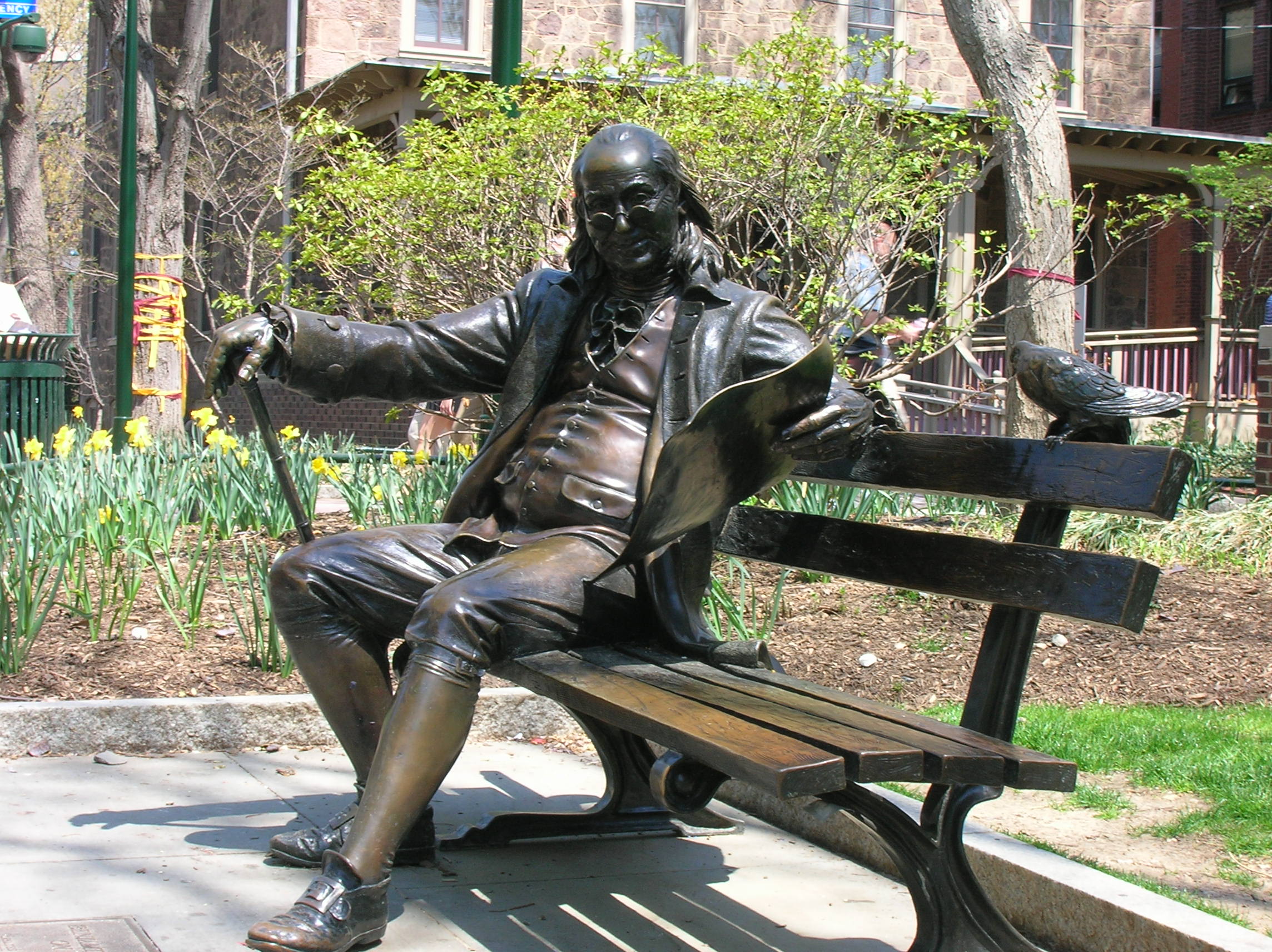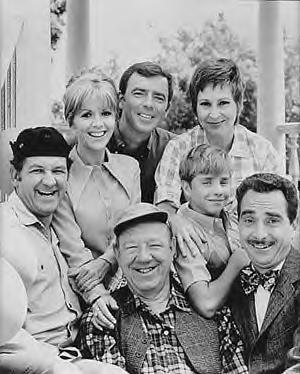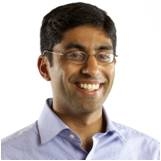By Anne Guldin Lucas
[youtube http://www.youtube.com/watch?v=lXw0RpWRZC4&w=480&h=390]
Most of our blog readers are probably too young to remember Mayberry R.F.D. (starring Andy Griffith and Ron Howard as a boy) on TV—unless it’s popular in reruns or in DVD collections. Although my life wasn’t quite as hokey as it was for the characters in Mayberry, the 60s were indeed simpler times. In my neighborhood, on summer evenings we literally sat on our porches playing cards, and drinking root beer floats or lemonade. (Personally I never did care for Cherry Coke.)
Last weekend a longtime friend and his family visited us as they were passing through our area. So please excuse me if this Baby Boomer becomes a bit nostalgic. I promise there’s a point that will eventually relate to careers (sort of).
My friend arrived with his wife and the youngest of his three children—a 12-year-old daughter. When my friend and I were twelve, we were neighbors, school mates, and members of the same swim team. So we spent a lot of time together in our youth. Since this friend and I have never lived in the same location since our college summers, it still feels strange to see him as an adult, with a wife and family. I remember us as the same age as his 12-year-old daughter–braces and all! (In fact, I got my braces off on the last day of 6th grade–the12th birthday of this same friend!)
Yet here we were last weekend—adults—middle-aged ones now, with jobs and families, sitting on the terrace of my house—MY house, not my parents’ house (or porch!). Who could have imagined that we would actually grow up into reasonably responsible adults who owned homes, held jobs, and raised families?
Aha—that’s the point! It happens to all of us. Whether we had a plan when we graduated from college or whether it took years and some job changes, we do eventually grow up. Whether it’s a straight line or a crooked path, somehow, we usually find our way to a good place—to jobs we enjoy and valued relationships that are so important to a life well lived.
During the past few weeks in my office at Penn I’ve met with triumphant students who are negotiating job offers and making plans to find apartments and move to new cities. Congratulations to those of you who fit into this category; I know you’ve worked hard. I’ve also met with students who feel as if they are the only one without a job and a definite plan for after graduation. I can assure you that you are not alone in this situation. You have also worked hard, making the most of your precious time at Penn, and you deserve to celebrate Commencement just as enthusiastically as your already employed peers.
MANY Penn seniors will wait until after graduation to begin or to resume a job search. It’s okay. In fact, despite the presence of Career Counselor Mother (obviously not to be confused with Tiger Mother) in their lives, neither of my young adult children had jobs upon graduation or had even begun their job searches at the time they walked up on the stage for their undergraduate diplomas. They are now both gainfully employed, living independently, and one has even earned an MBA. Believe me—you too will visit an old friend thirty or forty years from now and realize that amazingly, you found direction in your life—and the anxiety surrounding your first post-college job search will have faded into a blurred memory.
Although I have tried repeatedly to find a magic wand and crystal ball to aid me in helping you with your career exploration and decision making, there is ultimately no magic available to make this journey easier. There may be serendipity along the way—and I wish you a healthy dose of it. However, I suspect it will take some work and some self-analysis for you to merge your interests, talents, and experiences into a career choice and successful job search.
Please remember that you have lots of people to support you and cheer you on as you begin or continue on the journey to YOUR adulthood and independence—to YOUR own terrace or porch. You know how to find us in Career Services. Please reach out and let us know how we can help you get started on the path to your porch—and if you should happen to stumble upon a magic wand or crystal ball, feel free to bring that along too. Maybe we can use it to look to a future with a little more Mayberry in it for us all!
Good luck with exams, hearty congratulations to the Class of 2011, and Happy Summer Vacation to all!
 Luke Kopakowski is a technology analyst at Barclays Capital in New York City. He started at Barclays with a summer internship in 2008 and then joined fulltime after graduating from Penn in 2009 with a B.A. in Physics. He went through the year and a half grad program at Barclays Capital, rotating through 3 divisions for 6 months each. Now, after 2 years at Barclays, he is a software engineer for the cash equities division and works mostly with java, web development, unix/linux, excel and databases/SQL. His team manages, develops and improves a complex software system that calculates fees associated with Barclays Capital’s equities trades.
Luke Kopakowski is a technology analyst at Barclays Capital in New York City. He started at Barclays with a summer internship in 2008 and then joined fulltime after graduating from Penn in 2009 with a B.A. in Physics. He went through the year and a half grad program at Barclays Capital, rotating through 3 divisions for 6 months each. Now, after 2 years at Barclays, he is a software engineer for the cash equities division and works mostly with java, web development, unix/linux, excel and databases/SQL. His team manages, develops and improves a complex software system that calculates fees associated with Barclays Capital’s equities trades.







